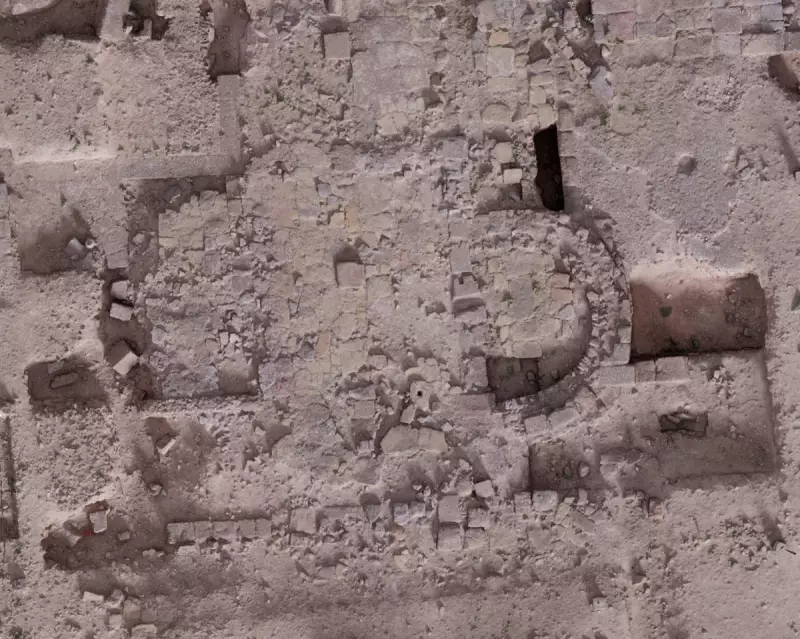
Archaeologists in Spain have made a startling discovery that could rewrite religious history. Excavations at a long-studied Roman-era site have revealed compelling evidence suggesting the structure, previously believed to be an early Christian church, may in fact have been a synagogue.
Groundbreaking Findings Challenge Historical Assumptions
The research team uncovered distinctive architectural features and artefacts that point to Jewish worship rather than Christian use. Among the most telling discoveries were:
- Fragments of stone carvings featuring menorah motifs
- An unusual east-west orientation atypical of early Christian churches
- Absence of traditional Christian symbols in the original construction
A Historical Puzzle Reexamined
"This discovery forces us to reconsider the religious landscape of Roman Spain," explained lead archaeologist Dr. Elena Mendoza. "We're seeing evidence of a thriving Jewish community where we previously assumed only Christian presence."
The site, located in southern Spain, dates back to the 4th century AD - a period when Christianity was gaining official acceptance while Judaism faced increasing restrictions across the Roman Empire.
What This Means for Religious History
The potential synagogue-to-church transformation suggests a more complex narrative of religious coexistence and conversion than previously understood. Key implications include:
- New evidence of Jewish communities in Roman Hispania
- Possible examples of religious spaces being repurposed during periods of persecution
- Challenges to traditional timelines of religious dominance in the region
Further analysis and dating of the site continues, with full publication of findings expected next year. This discovery adds to growing evidence of diverse religious communities in ancient Spain and may lead to reinterpretation of other early Christian sites across the Mediterranean.





